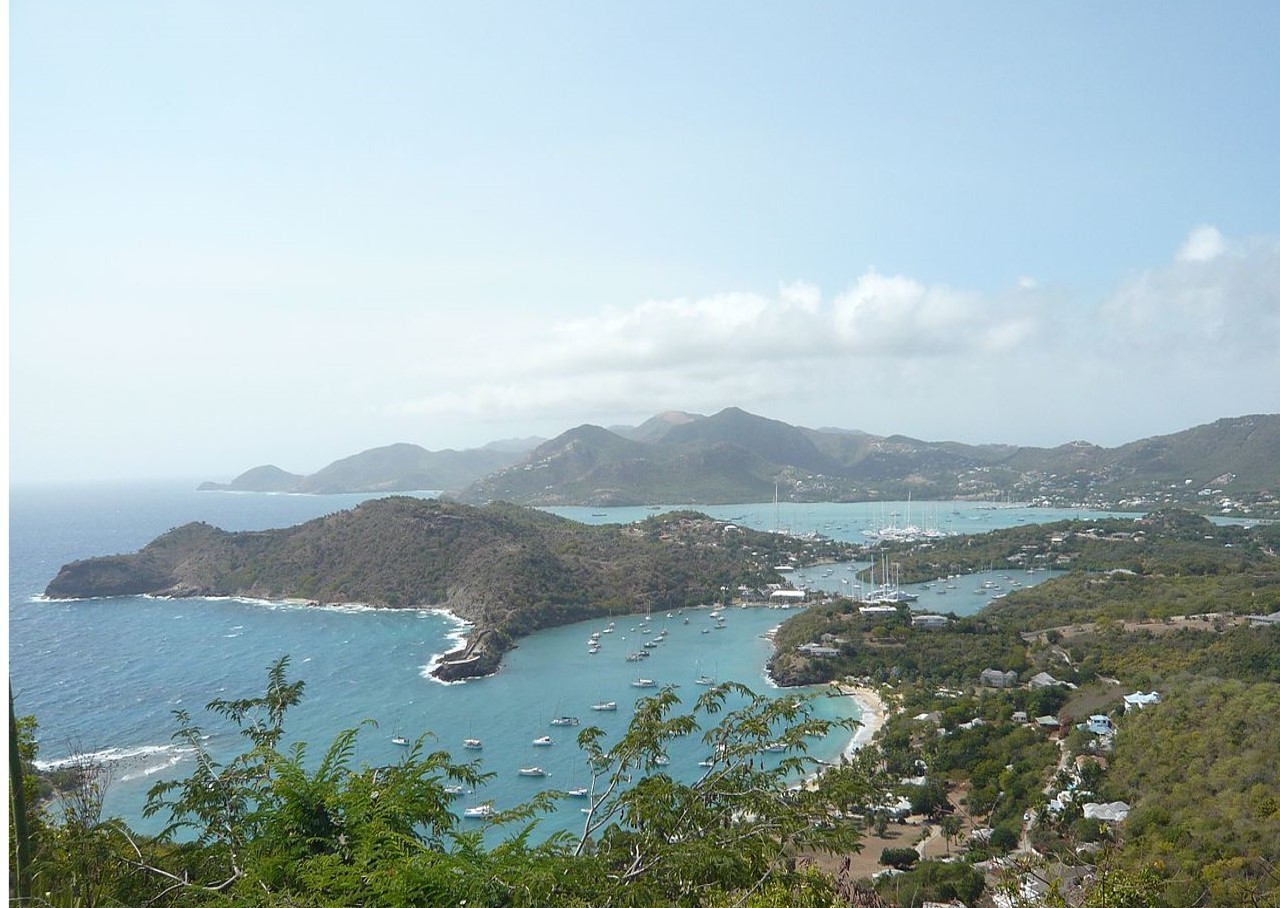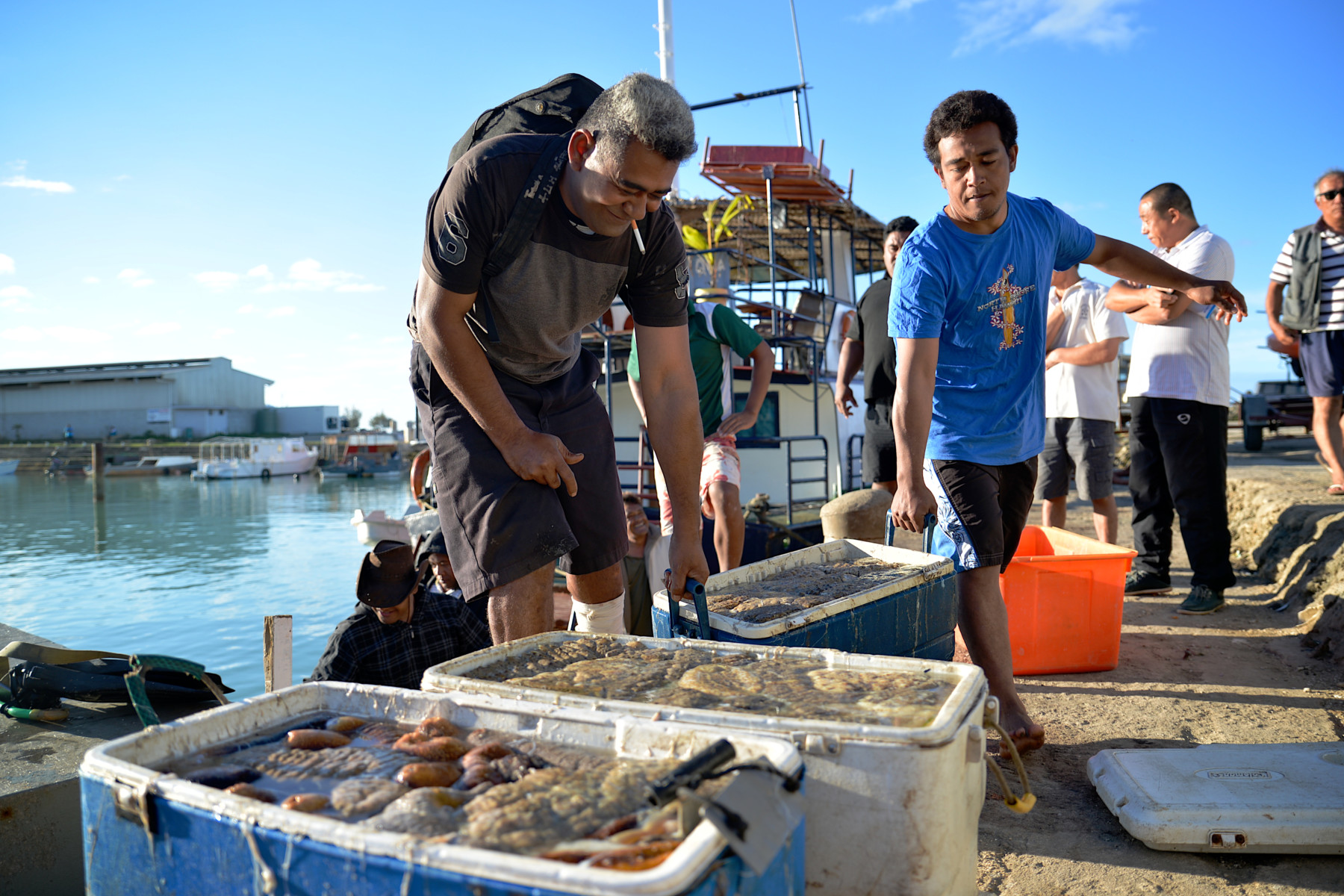
The Prime Minister of Antigua and Barbuda, Gaston Browne, has just signed an agreement with French Ambassador Philippe Ardanaz to settle the country’s ocean boundary with the islands of Guadeloupe and St Barthélémy.
Prime Minister Browne’s government thanked the Commonwealth Secretariat for facilitating talks with France and for providing legal aid and training for its negotiators. “This delimitation was made possible through the support and technical assistance of the Commonwealth,” the government statement said.
The government statement went further: “The support that they have provided to Antigua and Barbuda and other OECS (Organisation of Eastern Caribbean States) and CARICOM (Caribbean Community) member states in the delimitation of national maritime boundaries and wider concepts of ocean governance has been monumental.”
The recent agreement settles the country’s exclusive economic zone limits with France under international law. It will provide certainty over fishing and mineral rights.
[We are] pleased to support our Caribbean member states as they seek to realise the potential of their marine spaces and further integrate an ocean-based economy.
— Rosemary Cadogan, Maritime Boundaries Legal Adviser at the Commonwealth Secretariat
Supporting other Caribbean countries
In July 2016, government officials from eight Caribbean countries preparing for bilateral talks to settle unresolved maritime boundaries travelled to London. They were there to exchange best practices and gain technical guidance at the Commonwealth Caribbean Working Session on Maritime Boundaries and Ocean Governance.
There were representatives from Antigua and Barbuda, Barbados, Dominica, Guyana, Jamaica, Saint Kitts and Nevis, Saint Lucia, and Saint Vincent and the Grenadines. Joining them were attendees from four British overseas territories – Anguilla, British Virgin Islands, Montserrat and Turks and Caicos – alongside the Organisation of Eastern Caribbean States and other regional bodies.
The forum helped the officials to build skills and share knowledge. It gave advice for governments to head off boundary disputes. It also provided greater legal certainty for the sustainable management of their marine resources, including commercial fish stocks and subsea minerals.
Rosemarie Cadogan, Maritime Boundaries Legal Adviser at the Commonwealth Secretariat, said: “The forum continues to be a rich source of regional consensus and this year is no exception. The Commonwealth is pleased to support our Caribbean member states as they seek to realise the potential of their marine spaces and further integrate an ocean-based economy.”
More achievements of 2015-2017
In 2015/16, we saw significant progress, with maritime boundary and continental shelf support to 16 members. Key achievements included the signing of a maritime boundary treaty between Barbados and Saint Vincent and the Grenadines. Meanwhile, Saint Vincent and the Grenadines and Saint Lucia continued to explore options for resolution of their expected maritime boundaries with Grenada, Trinidad and Tobago, and Venezuela.
In 2016/17, of 11 countries supported to negotiate maritime boundaries, four boundaries were successfully agreed. In addition to the one between Antigua and Barbuda and France, mentioned above:
- Vanuatu and Solomon Islands signed an agreement on their respective boundaries.
- Saint Luciaand Saint Vincent and the Grenadines agreed boundaries.
- Saint Lucia and Barbados agreed boundaries. This agreement and the one above were formally adopted at the CARICOM Heads of Government Meeting (July 2017).
“I would say there is no single more important issue facing the region than maritime boundary delimitation, because of course we’re almost all small islands so we are defined by the law of the sea. In most cases our maritime zones dwarf our land spaces, sometimes five, nine or 20 times the size, and the resources that this represents for us and the potential for these resources to contribute to national development is very significant.” – Justice Winston Anderson, from the Caribbean Court of Justice, a participant at the 2016 forum


